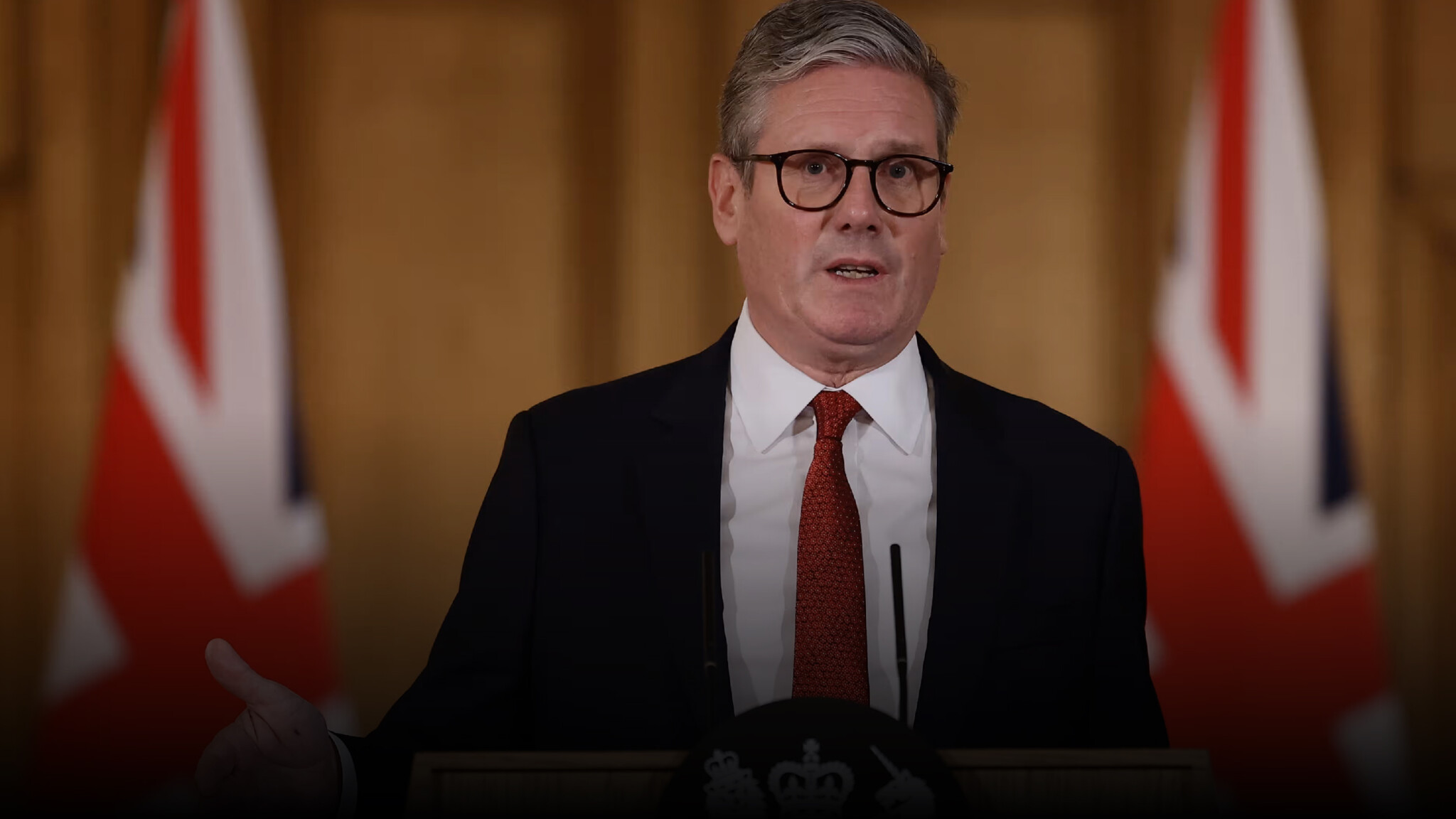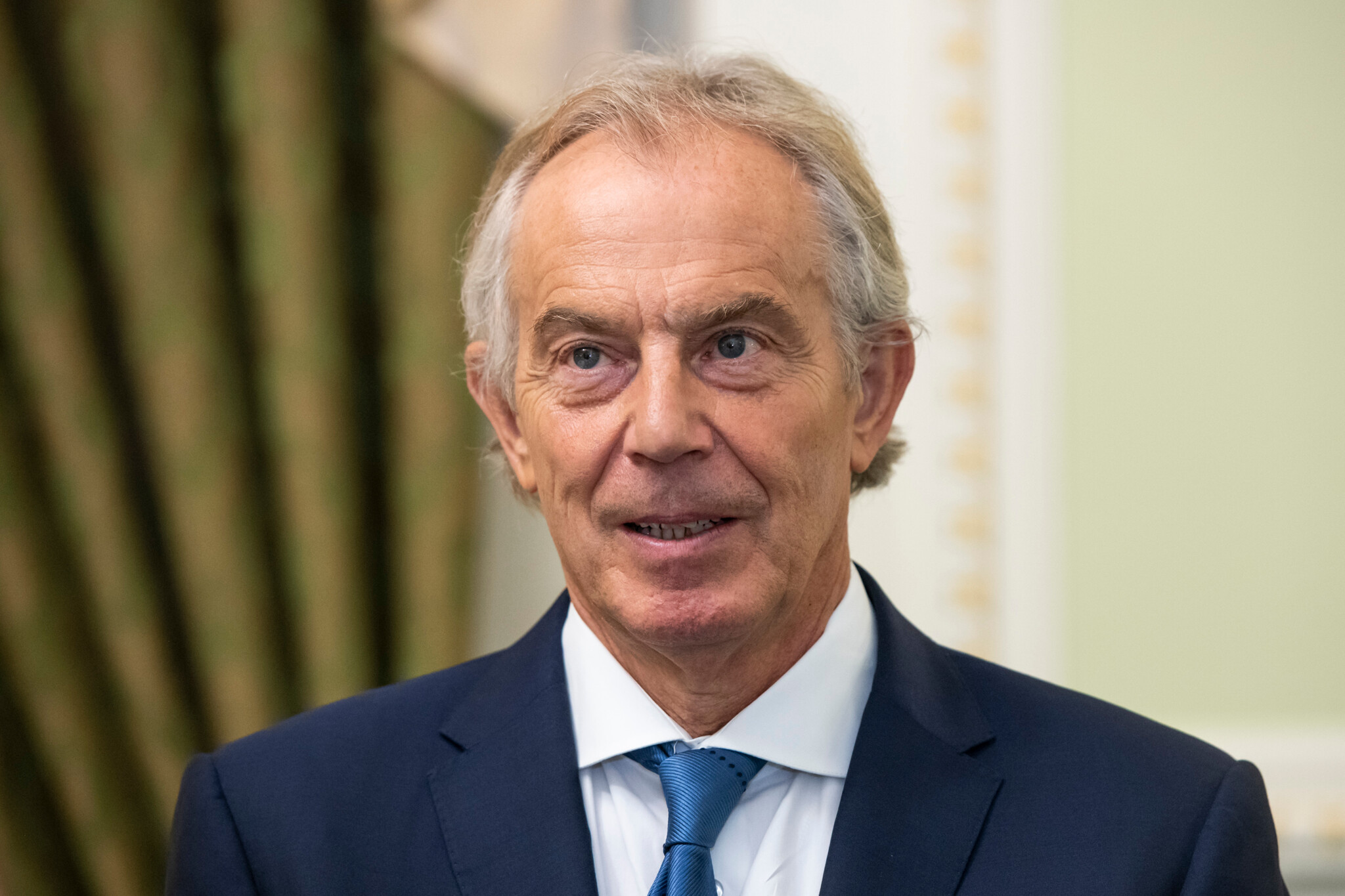
Kier Starmer presides over a bloated quango state—£353bn spent, zero accountability, and no say for the public footing the bill.
Since the 1970s, successive British governments have promised the electorate to shrink the number of quangos (quasi-non-governmental organizations) which exert influence on policymaking, budgets, and the political culture at large. Quangos operate similarly to charities, being taxpayer funded, out of the direct control of the civil service, and typically driven by politicized (but not strictly “partisan”) cultural aims. Almost all of those aims are captured by left-liberal ideology. They are increasingly unpopular with the voting public for a simple reason: The electorate does not like having decisions made on their behalf by unelected self-described experts who cannot be bargained with in the form of public debate or removed if their policies prove to be detrimental. This concern is particularly justified by the fact that the total budget for quangos, as of 2023, is about £353 billion. Given how much taxpayer money is funneled into their work, the experts and lobbyists belonging to these organizations are exempt from the most fundamental democratic check against power: Accountability.
Enjoy independent, ad-free journalism - delivered to your inbox each week
The current Labour government has echoed the last several governments’ pledge to axe quangos and save costs on regulation with a more “active government”. To Keir Starmer’s credit, the largest quango in the nation, NHS England, has finally been abolished as the NHS continues to plummet towards a state of total financial unsustainability and chaos. However, just as under David Cameron’s “bonfire of quangos” when 5 out of 6 “quangocrats” ended up keeping their jobs, Starmer’s government has set up about 30 new quangos since coming into power. These include bodies to conduct research into health data and green energy, like “Great British Energy”, a new body set up by Ed Miliband’s Department for Energy Security and Net Zero (DESNZ) whose boss will make a comfortable half-a-million per year. A more ironic decision couldn’t have been made; Miliband’s plans for net zero include focusing on some of Britain’s least energy-efficient renewable options, like solar and wind power, in the midst of an impending recession. Meanwhile, the chief of the so-called “Office for Value for Money”, set up by Chancellor of the Exchequer Rachel Reeves, has overseen several profligate projects which went dramatically over-budget: David Goldstone advised the HS2 high-speed rail project which is expected to cost double its initial budget of £38 billion. Inefficiency is to be expected in the quango industry; with little public accountability and a seemingly bottomless stream of income, “quangocrats” lack the incentive – either competitive or political – to complete their projects on time.
However, just as under David Cameron’s “bonfire of quangos” when 5 out of 6 “quangocrats” ended up keeping their jobs, Starmer’s government has set up about 30 new quangos since coming into power. These include bodies to conduct research into health data and green energy, like “Great British Energy”, a new body set up by Ed Miliband’s Department for Energy Security and Net Zero (DESNZ) whose boss will make a comfortable half-a-million per year.
More concerning than their inefficiency is their deleterious effect on public life and their unquestioning adherence to the tenets of open-borders liberalism. Since before the ‘00s, quangos have exacerbated unwise immigration policy. The regularly-overspending “Migration Advisory Committee”, set up under New Labour, advises the government on how to fill up skilled labor shortages with migrants, a practice which has become a first (rather than a last) resort, leading to world-historical rates of immigration into the UK since Boris Johnson’s government. Most of these migrants are only purportedly “skilled workers”. The MAC claims to advocate for a responsible points-based system, a term which MPs enjoy citing at the despatch box, but in 2020 advocated for a salary requirement of £17,900 for young adult “new entrants” coming into the country with a job offer, with a general salary threshold of £25,600 – numbers which would prompt readers who benefit from American salaries to blink in disbelief.
It would presumably be difficult for governments, operating as they currently are, to dismantle these quangos even if they had the political will to do so. Many are effectively baked into the fiscal infrastructure of the state: The “Office for Budget Responsibility” is one such quango which, despite remaining nominally independent, is effectively a branch of government. The OBR has the influence (which is only distinct from power by technical definition) to advise against the government shrinking the bloated civil service, based on short-termist concerns about continuity. This is no surprise, since the OBR is itself supported by 52 civil servants. But the OBR is often referred to as “independent”, despite inheriting its entire model from the Treasury in 2010 and working closely with the Treasury to determine its forecasts. This appearance of independence is the only thing keeping it alive, but it is a highly deceptive label.
As critics like William Yarwood have observed, Starmerism is nothing if not managerialism. Committees of experts give statesmen the confidence to act which they otherwise lack, since today’s statesmen rarely have the relevant skills or training in key policy areas, preferring to credentialize themselves with irrelevant humanities degrees from universities which only nominally retain their authoritative status. The low confidence in ministerial expertise and the lack of competence in Whitehall drive the idea that there is a lack of state capacity for handling policy matters, which in turn drives the government’s – but not the people’s – demand for quangos.
The continued dependence of the British State on outsourcing decisions (and thus accountability) to bloated boards of trumped-up “experts” whose activism guarantees their own taxpayer-funded salaries before all else is a symptom of the incompetence and lacking confidence of elected statesmen as well as the legacy of Blairite constitutional reforms. Despite Blair’s protestations against quangos in the 90s, since 1997 Britain has only seen increased dependence on advisory boards and quangos, making it unviable for mavericks like Liz Truss to attempt to shrink the civil service. It should not be seen as an act of cynicism or suspicion to take issue with these quangos, for they are neither independent nor apolitical in practice. Taking the inherent virtue of immigration as an automatic labor market corrective, “green” energy and net zero, and the ideological pillars of DEI at face-value (quangos have spent more than £26 million on DEI hires since 2021), these groups are both enmeshed in the state and enmeshed in politics. Debloating the civil service and cutting unnecessary taxes should not be as politically divisive as it currently is.

Tony Blair’s legacy lives on in Britain’s bloated quangocracy—unelected “experts” pushing ideological agendas with taxpayer money, shielding politicians from accountability and making reform nearly impossible.




Comments (0)
Only supporting or founding members can comment on our articles.